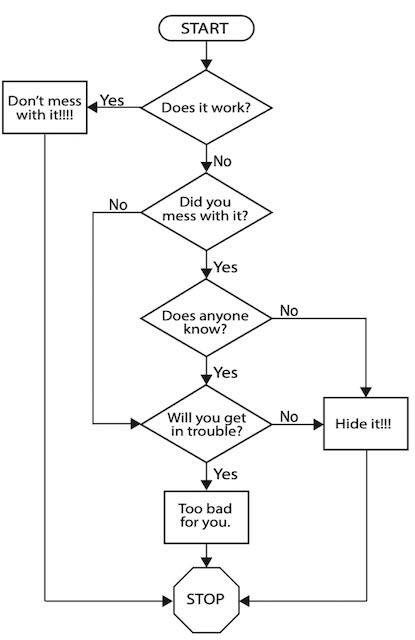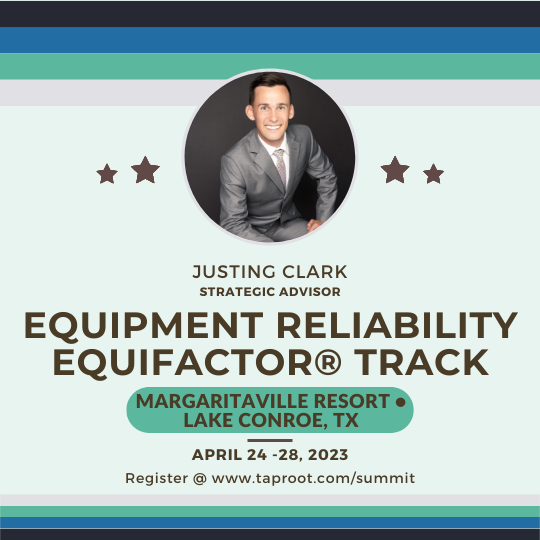Do Your Folks Know What to Keep After an Accident?

What to Do? Avoid the Blame!
A failure occurs. It could be:
- a safety-related accident
- an equipment failure
- a patient safety event (sentinel event)
- a quality issue
- a shipping screw-up
- a cost overrun
- a process safety-related precursor incident
What people do next can make a world of difference.
First, is the failure (incident or near-miss) reported? Or is it covered up?

If you live in a Blame Culture, your reporting process may look like the flow chart above.
But if you are reading this article, you probably think that your company should learn from its mistakes to keep the mistakes from happening again. (Or to keep something even worse from happening – like the picture above.)
But if mistakes and failures are hidden, learning is unlikely.
People must know that it is safe to report a problem and that once a problem is reported, something will be done to improve the process to make the problem go away.

Punishing the person who reported the problem or punishing someone else involved in the failure IS NOT the kind of action that will promote more reporting of failures.
OK … You have established a culture where the reporting of problems is not punished. You may even have a culture where the reporting of problems is an expected part of how you do business. NOW WHAT?
Evidence Preservation
Do people know how to preserve the evidence of the failure so that an effective root cause analysis can be performed? You might be surprised that most folks don’t know how to preserve the scene of an accident.
They:
- don’t know that disassembling broken equipment may destroy the evidence of why the equipment broke.
- may not collect the names of everyone involved (including contractors and first responders).
- may “clean things up” to get back to normal housekeeping standards.
- may let vital fluid samples slip away.
- may even collect “souvenirs” to take home.
Reporting the failure really doesn’t help if the evidence of the failure is destroyed before the root cause analysis starts.
What are you doing to train your supervisors to preserve the scene of an accident? I have two suggestions.
1. Have training for them on evidence collection and interviewing.
We have a TapRooT® Course that can help supervisors secure the scene of an accident and have a much better idea of what they need to do when responding to a failure. The course can be customized to teach just the information that you think your supervisors need.
The Effective Interviewing and Evidence Collection Course has essential information that supervisors need to stop evidence destruction and help conduct interviews of those involved. And a public 2-day course is coming up in Houston, Texas (at the Margaritaville Lake Resort, Lake Conroe) on April 24-25.

Barb Carr, the course designer, will be happy to talk to you about customizing the course for your supervisors to give them the knowledge and practice that they need to be ready to respond to an accident. To talk to Barb, call 865-539-2139.
2. Your equipment folks need training in equipment troubleshooting and failure analysis.
We have another course designed for equipment troubleshooters to help them avoid destroying evidence when they respond to an equipment failure. The 2-Day Equifactor® Equipment Troubleshooting and TapRooT® Root Cause Analysis Course will help them develop a troubleshooting plan that will preserve the evidence they need to troubleshoot the problem and find the problem’s root causes. See upcoming course dates HERE.

The Equifactor® Course can be customized to meet the needs of your troubleshooters. Call Justin Clark, the course creator, at 865-539-2139 to discuss ways to make your training targeted to your workforce.
Also, find out more about the upcoming 2023 Global TapRooT® Summit that has a track about improving equipment reliability. Get details about the track HERE.
Don’t Procrastinate!
Whatever you do … DON’T sit back and wait for the next accident and assume that your folks will respond appropriately. I can assure you that if hoping for the best is your strategy … you will be sadly disappointed.
Get the training that your folks need and get REGISTERED for the 2023 Global TapRoo® Summit.




